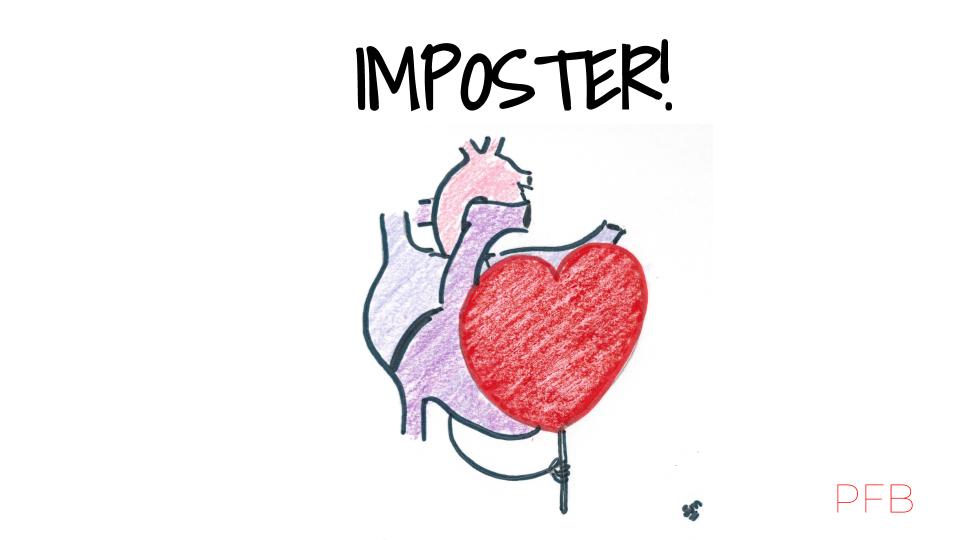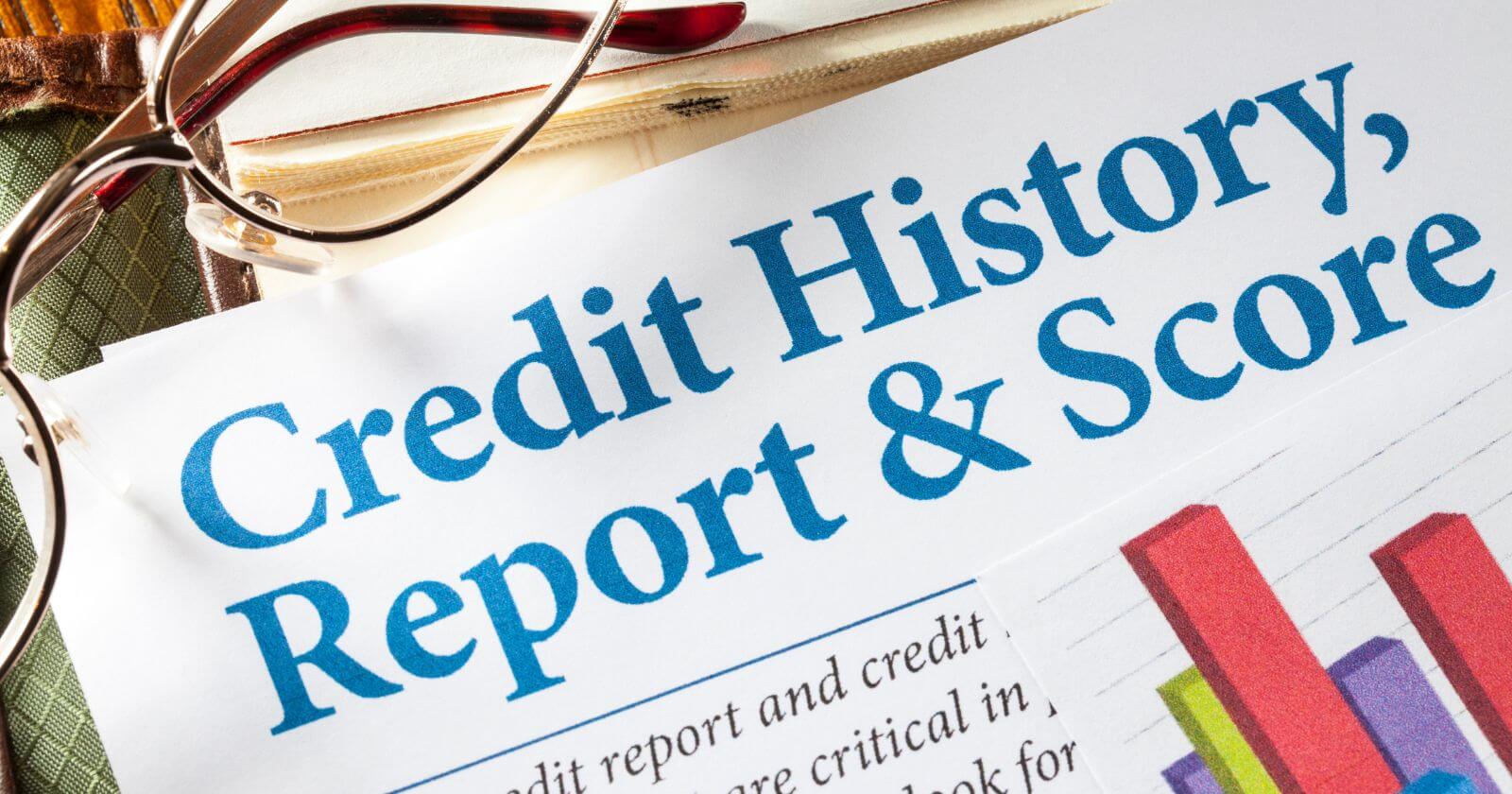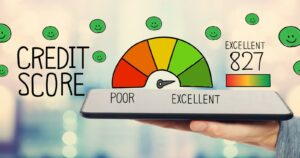Hi, this is my very first blog post on Physician Finance Basics. I am starting with a series of posts that is All About Credit. And the topic today is the Basics of Credit Report. I have the video presentation right here. For those who prefer to read than watch a video, it’s all here for you. So you won’t miss a thing.
What is your Credit Report?
Your credit report is all your important credit related activity compiled and collated in one place. It includes:
- your personal identifying information
- info on your lines of credit such as credit cards and loans such as mortgages, auto and student loans, etc
- enquiries made by creditors on your report within the prior 2 years
- publicly obtainable records, such as Collection Agency information, foreclosures, bankruptcies, lawsuits and the like.
Who compiles them?
There are 3 agencies nationwide who collect this information on you and building a credit report from it. They are known as the three Credit Reporting Agencies or Credit Bureaus and they are Experian, Equifax and Transunion.
The information collected by the three Bureaus are similar but not identical. This is because updating the credit reporting agencies with your information is completely voluntary. Therefore, some lenders may report to one agency but not to another. Banks pull your credit reports from different bureaus for different prodcuts, different locations and other criteria.
Also, your reports are constantly changing as new information becomes available- based on credit card usage, paying down loans, etc.
Apart from these three national credit bureaus there are additional lesser known credit reporting agencies. They specialize in specific areas of credit. Some examples are Employment Screening, Tenant Screening or Medical Payment History. If you do not have negative information in these areas, they likely they don’t have a file on you. And that’s good news.
Where can you find your Credit Report?
AnnualCreditReport.com is the best online resource to get your credit report from each of the credit bureaus. For free, once every 12 months. It does not contain your credit score, though. Please be aware of dubious websites trying to sell you products in return for your “free” Credit Report.

Apart from this, you can always buy your credit report for a fee from each of the credit bureaus directly.
Knowing how important your credit report is to your overall financial well-being, it is imperative you stay on top of it. Understanding what’s in it and making sure your information is accurate, complete and up-to-date is probably important at all times but especially prior to applying for a big loan such as a mortgage. And with having a free resources such as AnnualCreditReport.com, it is inexcusable not to do so.
You could obtain your credit report from all three bureaus at the same time every year. Say you do it every January. Or you could stagger them out every few months. You could even join forces with your spouse to keep an even closer eye on your credit report. Add to this the free Credit Score that most bank accounts and credit cards give today, you can easily stay on top of things.
Checking your Credit Report
Once you go on AnnualCreditReport.com, you enter your personal information and choose the Credit Bureau you want your first Credit Report from.
Once you have that report, peruse it line by line. Make sure your personal information is updated and accurate. Then go over each line of credit. For every account, you will have the date it was opened. If it has been closed it will still stay for 10 years from the date of closure. All your payment history will be there including any late payments.
Most simple negative information stays for about seven years. More serious ones may stay longer or even indefinitely.
For every credit card, it will have the:
- credit limit you have been extended
- highest balance you’ve ever accrued on the account
- and your monthly balance for the prior 24 months
Please note, the reported balance may be different from your statement balance. Since the credit card companies report to the Bureaus at a specified date every month, it sometimes is the balance as of that date.
- It also reports payments due. This is either the balance you carry month to month. Or only the minimum payment due, if you don’t carry a monthly balance.
For installment loans such as mortgages, your Credit Report includes:
- the original amount you borrowed
- the amount you still owe
- and of course, the payment history with any delays
Errors in your Credit Report
Sometimes error make their way into your credit report. You have the legal right to dispute it. The Credit Reporting Agency and the lender then have to investigate it. If the information was indeed inaccurate, it will be changed. If the dispute goes unresolved, you are allowed to put in a 100-word statement explaining your stance. Everyone who gets a copy of your credit report will also receive your statement alongside. But it’s often not seen by lenders and also is not considered for credit scoring purposes.
You, of course, retain the option of filing a complaint with the Consumer Financial Protection Bureau for a wide range of issues pertaining to your credit file.
Hope you found this information on Credit Report useful. I would love to get your feedback in the comments below or you can email me from the contact page. Look out of the next post in the series: Credit Scores: The Basics. Thank You!




